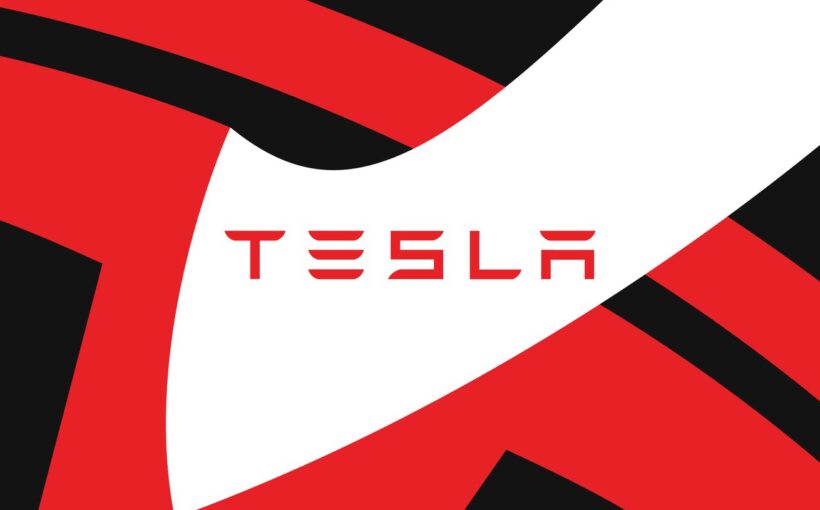
Tesla has had a very good month, at least when it comes to its EV charging standard. Washington state wants to require electric car charging companies to use Tesla’s North American Charging Standard (NACS) in order to be part of the state’s program to support electric vehicles, according to Reuters. The state’s proposed mandate would put Tesla’s technology in state- and- federally-funded charging sites in the future, though Washington hasn’t decided quite how that will look.
At the moment, the federal government requires at least four Combined Charging System (CCS) chargers at taxpayer-funded charging sites, and Tonia Buell, the alternative fuels program manager at Washington state’s Department of Transportation (DOT), told Reuters the state may require that at least two, or maybe all four, of the chargers also support NACS. CCS is the standard currently preferred by the federal government for cross-platform use.
It’s been a good week for Tesla’s NACS standard — Texas made a similar announcement on Tuesday, saying it would also start requiring electric vehicle charging companies to use the standard in order to receive federal dollars. The state’s DOT told Reuters via email that “the decision by Ford, GM, and now Rivian to adopt NACS changed requirements for Phase 1” of Texas’ rollout of a federally-funded electrification program.
Also on Tuesday, electric automaker and Tesla competitor Rivian announced its intention to adopt NACS for its future vehicles, which would give those cars access to the already-robust network of Tesla Supercharger stations throughout the country. Hyundai is also considering the standard, though it said it depends on customer interest, as Tesla’s chargers don’t charge at the higher rate supported by its own EV platform. Electric charging company BTC Power, which supplies DC and AC vehicle chargers to convenience stores and fleet operations, also announced its intention to support NACS.
With Ford and General Motors also announcing support for Tesla’s standard, NACS now has huge advantages over CCS in the fight to become the de facto standard for EV charging in the US.



